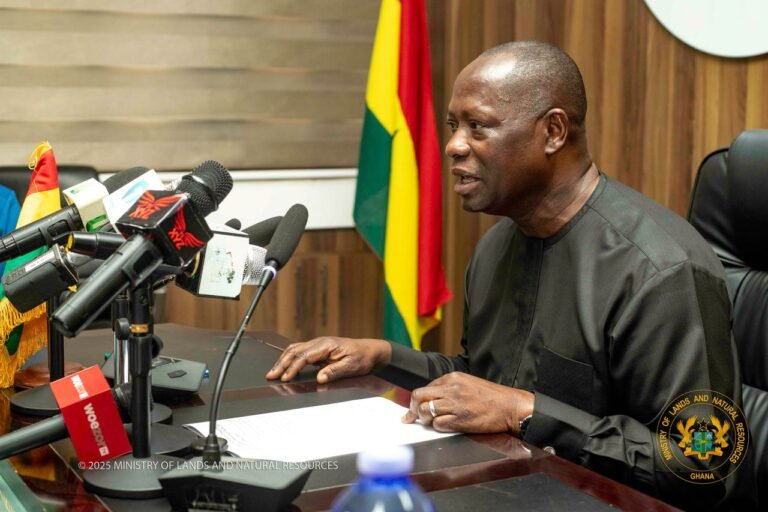
(Middle) Ama Pomaa Boateng, Deputy Communications Minister
The Africa Union Global Forum on Cyber Expertise (GFCE) Africa Cyber Experts (ACE) Community Kick-Off meeting commenced yesterday in Accra, hosting about 65 African Union Member countries, including Mauritania, Benin, Spain, Serbia, Kenya, Nigeria, Cameroon, Sierra Leone, Republic of Congo, Namibia, Burkina Faso, Togo and Zimbabwe.
The rest are Swaziland, Malawi, Zambia, Mozambique, Somalia, the Gambia, Ethiopia, Botswana, Morocco, Niger, Sahrawi Arab Republic, Algeria, Lesotho, Senegal, Cote D’lvore, Guinea-Bissau and South Africa.
The three-day meeting seeks to establish the ACE community as a continental cyber expert group to support cybersecurity capacity building on the continent.
Ama Pomaa Boateng, Deputy Minister of Communications and Digitalisation, in a speech read on behalf of the Sector Minister, pointed out that cyber-attacks have serious implications on socio-economic development and the national security of our countries.
She narrated how many of the citizenry had experienced cybersecurity incidents, including online fraud, online blackmail, online impersonation and identity theft, publication of non-consensual intimate images, unauthorised access, social engineering scams, hacking into protected systems and other cybersecurity related breaches.
Collaboration
She said the government of Ghana, through the Ministry of Communications and Digitalisation, was working closely with other relevant ministries and agencies, international partners and private sector stakeholders to ensure that various digitalisation interventions rolled out are secured.
The Deputy Minister added that cybercrime has no boundaries, and is not limited to one geographical location, adding “we are happy to cooperate with our African partners and stakeholders to further develop our capacity through such joint initiatives”.
The Acting Director General of Cyber Security Authority (CSA), Dr. Albert Antwi-Boasiako, in his remarks, noted that Ghana ranks as the most peaceful country in West Africa and the second most peaceful country in Africa by the Global Peace Index, even amidst the covid-19 pandemic.
Dr. Antwi-Boasiako added that Ghana joined the GFCE last year to promote and strengthen capacity building through international collaboration in improving on national cyber response and resilience.
The move, he pointed out, forms part of Ghana’s national strategy to work with other peers on the continent to improve its collective capacity to mitigate cybercrimes and other cybersecurity challenges.
In 2020, Ghana passed the Cybersecurity Act, 2020 (Act 1038), which led to the birth of the Cyber Security Authority (CSA). The CSA is responsible for regulating cybersecurity activities and developing cybersecurity in the country, among other related functions,” he said.
Dr. Antwi-Boasiako reiterated CSA’s support and commitment to developing this community of Africa Cyber Experts to be able to support other respective governments to address the current state of cyber insecurity being experienced on the continent.
He expressed the hope that the ACE Community meeting would meet its expectations by identifying the capacity building needs of the continent as well as grant the opportunity to the experts to come out with innovative ways of deploying capacity building initiatives, taking into consideration our specific developmental needs and the cyber context of our respective countries.




